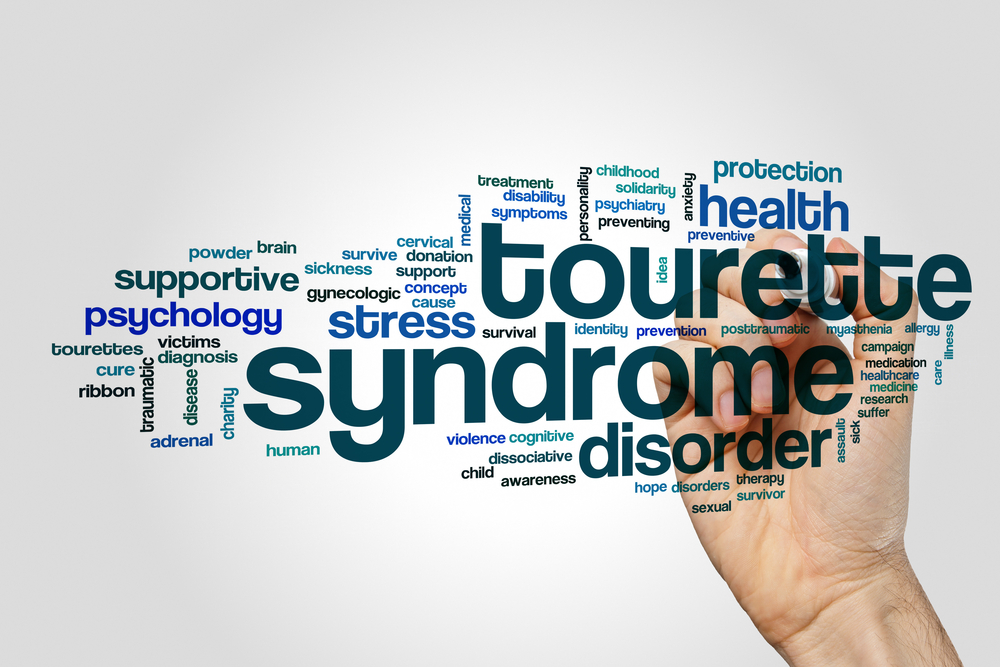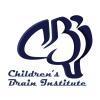Get Care
Tourette Syndrome Treatments
Treating Pediatric Tourette Syndrome
Individualized Healthcare

What causes Tourette syndrome exactly isn’t known. TS results from a change in genes that either happens during development in the womb or is inherited. There is no cure for tics, and all medications must be considered symptomatic therapy. The main symptoms of Tourette syndrome are tics — multiple motor tics and at least one vocal tic. Motor tics can be everything from eye blinking or grimacing to head jerking or foot-stomping. Some examples of vocal tics are clicking, throat clearing, yelping, or shouting.
After thoroughly evaluating all comorbid conditions and potential problems, including an analysis of tics, a determination of resulting impairment is made. The doctor decides with the family and academic personnel whether tics or the associated problems require pharmacotherapy. The doctor will want to find the medication and dose with the best results and the fewest side effects. Doctors often start with small doses and slowly increase them as needed. Side effects are considered carefully when deciding whether or not to use any medication to treat tics. Treating a child with TS requires persistent commitment and a multidisciplinary approach.
FAN
Our Fast Access Neurology (FAN) Service ensures a clinic visit with an expert pediatric neurologist in our institution within 24 to 72 hours after referral or initial contact with the Children’s Brain Institute.
For most children with TS, medications will not eliminate tics. If tics cause pain, interfere with daily life, or cause stress, a behavioral intervention or medication should be considered.
Behavioral therapy can be very effective in managing the symptoms of TS. New behavioral treatments like Comprehensive Behavioral Intervention for Tics (CBIT) are available. CBIT includes habit reversal and other strategies, including education about tics and relaxation techniques. Habit reversal has two main components: awareness and competing response training. In the awareness component, the child identifies each tic out loud. In the competing response component, the child will learn to do a new behavior that cannot happen simultaneously as the tic. Although behavioral therapies can help reduce the severity of tics, this does not mean that tics are just psychological or that anyone with tics should be able to control them.
Medications can help some with TS manage their lives better.
There is no particular medication that is best for all. A drug of choice by practitioners is haloperidol, a typical antipsychotic. Other options include risperidone, an atypical antipsychotic, and non-stimulant medications often used to treat ADHD — including Strattera and guanfacine.

It is common for people with TS to have other conditions, particularly attention-deficit/hyperactivity disorder (ADHD), anxiety, and obsessive-compulsive disorder (OCD). People with additional conditions will require different treatments based on the symptoms. Sometimes treating these other conditions can help reduce tics. During stressful and exciting times, tics worsen. Some physical experiences can trigger or worsen tics. They tend to improve when a person is calm or focused on an activity.
Our clinical team will design an individualized treatment plan for your child after an exhaustive examination and medical history review.
Accepted Health Insurance Types
Various health insurance types are accepted, including Medicare and most HMO and PPO insurance.
Call (781) 863-0007 or click to request a same-day appointment.
